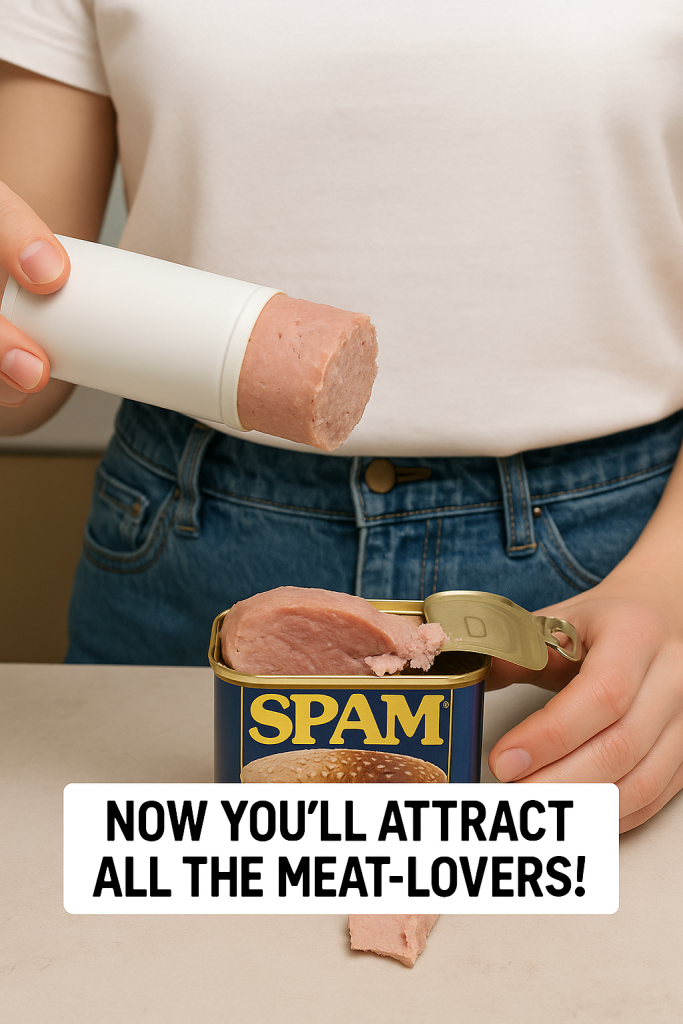As pet owners increasingly turn to social media for advice and safety tips, a new viral warning is spreading rapidly online in 2024 – and it’s one that every pet parent needs to know. The message? “Keep this away from your pets” has become a trending caution, accompanied by a humorous yet urgent emoji combo: 🍖💦😂. But behind the laughs lies a serious alert about a common food item that can pose significant risk to furry friends.
In recent weeks, pet safety communities and social media users have been sounding the alarm on the dangers of bone broth and certain flavored meat juices often found in households. While bone broth and meaty sauces might seem like a nutritious or tempting treat for dogs and cats, experts warn these can actually be harmful due to hidden ingredients and contamination risks.
Why the sudden concern? Veterinary toxicologists note that many commercially prepared broths and meat-flavored liquids contain high levels of sodium, onion, garlic powders, and other additives. These ingredients, while safe or even beneficial in human diets, can cause gastrointestinal upset, toxicity, or even severe anemia in pets. In fact, onion and garlic – common flavor enhancers in these products – are well-known to be toxic to dogs and cats, potentially leading to life-threatening conditions if ingested in significant amounts.
Social media videos showing pets eagerly lapping up spilled broths or brothy sauces on kitchen floors have prompted a spirited mix of laughter and concern. The viral posts stress the importance of keeping these liquids out of reach. One trending hashtag, #NoBrothForPets, sums up the trend to caution others against assuming that “natural” or “meaty” always means safe for animals.
Beyond the danger of toxic seasonings, another risk lies in the bone fragments sometimes present in broths made at home or bought in stores. Cooked bones are notorious for splintering and causing choking or internal injury to pets. The addition of excess salt and even preservatives can further complicate their safety profile.
What should pet owners do? Animal health experts recommend sticking to pet-specific treats and avoid giving pets any human food liquids unless explicitly advised by a veterinarian. Keeping kitchen counters and dining areas clean of spills, promptly disposing of food scraps, and educating all family members about these risks can significantly reduce accidental exposure.
Moreover, pet guardians should learn to recognize early signs of ingestion problems, such as vomiting, diarrhea, lethargy, or unusual breathing difficulties, and seek veterinary care immediately if such symptoms occur.
In summary, while it might be tempting to share tasty morsels with beloved pets, not everything we enjoy is safe for them. The viral online message serves as a humorous but important reminder: “Keep this away from your pets” isn’t just a meme, it’s a lifesaving tip for 2024. Stay informed, stay cautious, and keep your furry companions safe from hidden household dangers.



